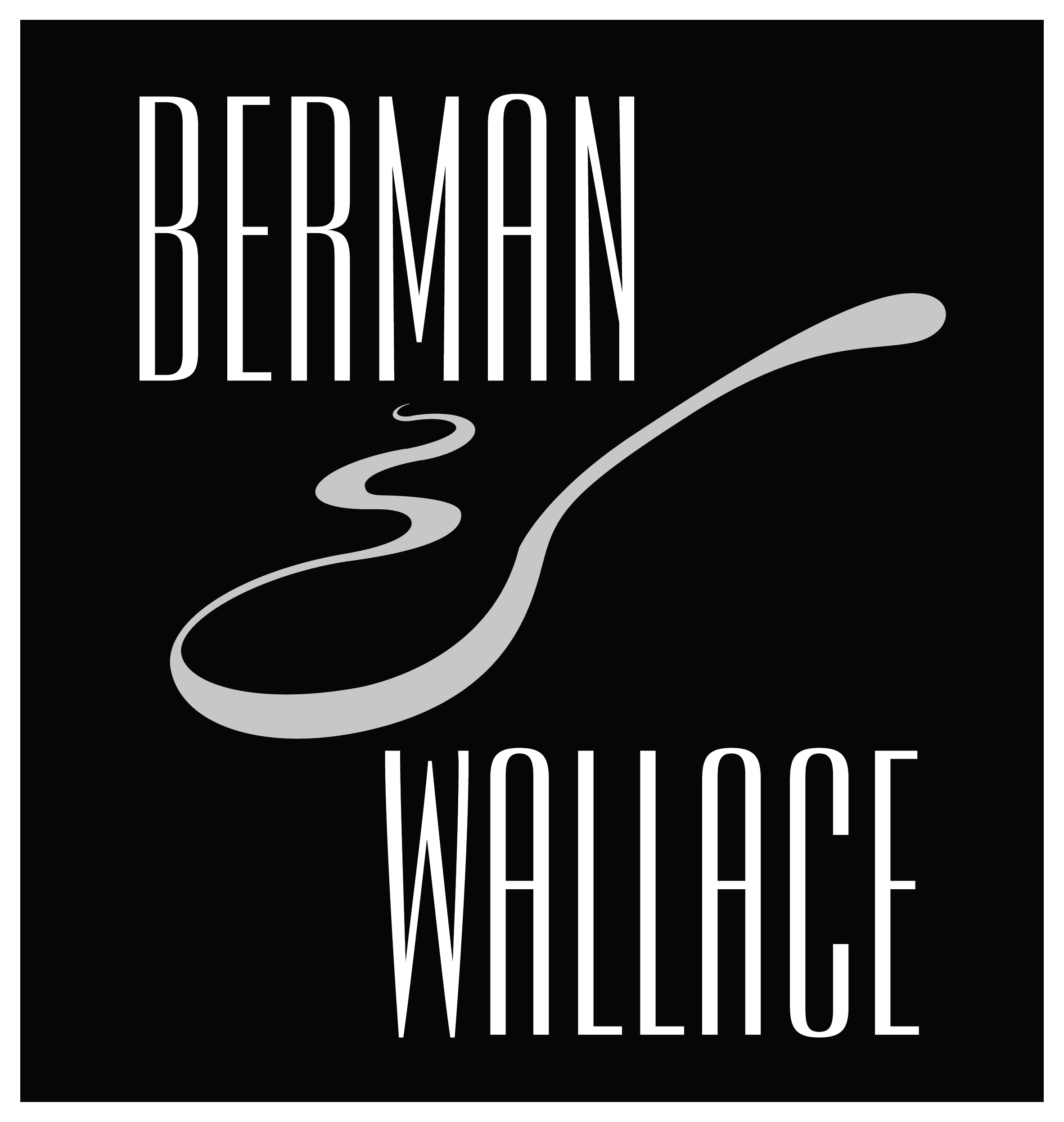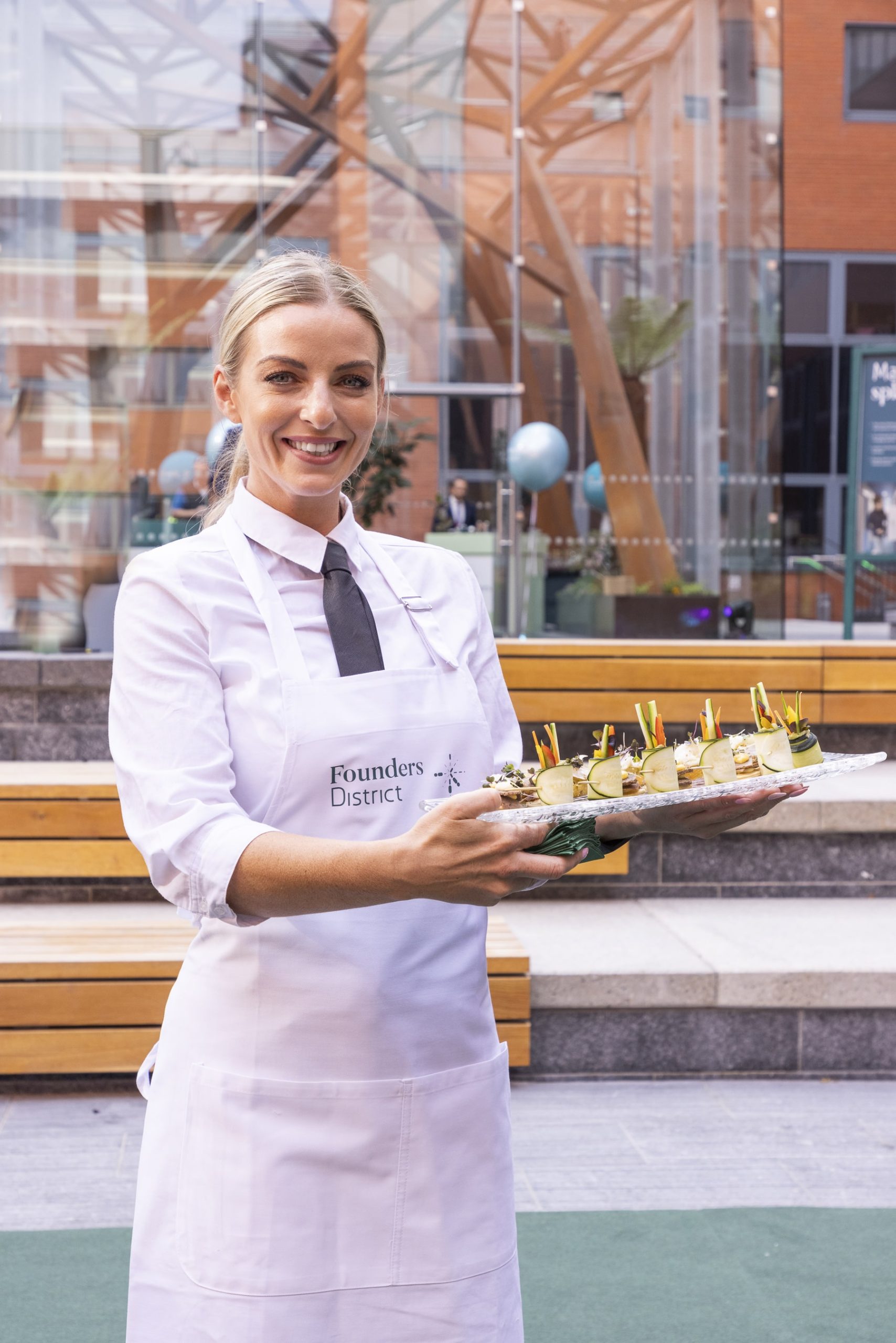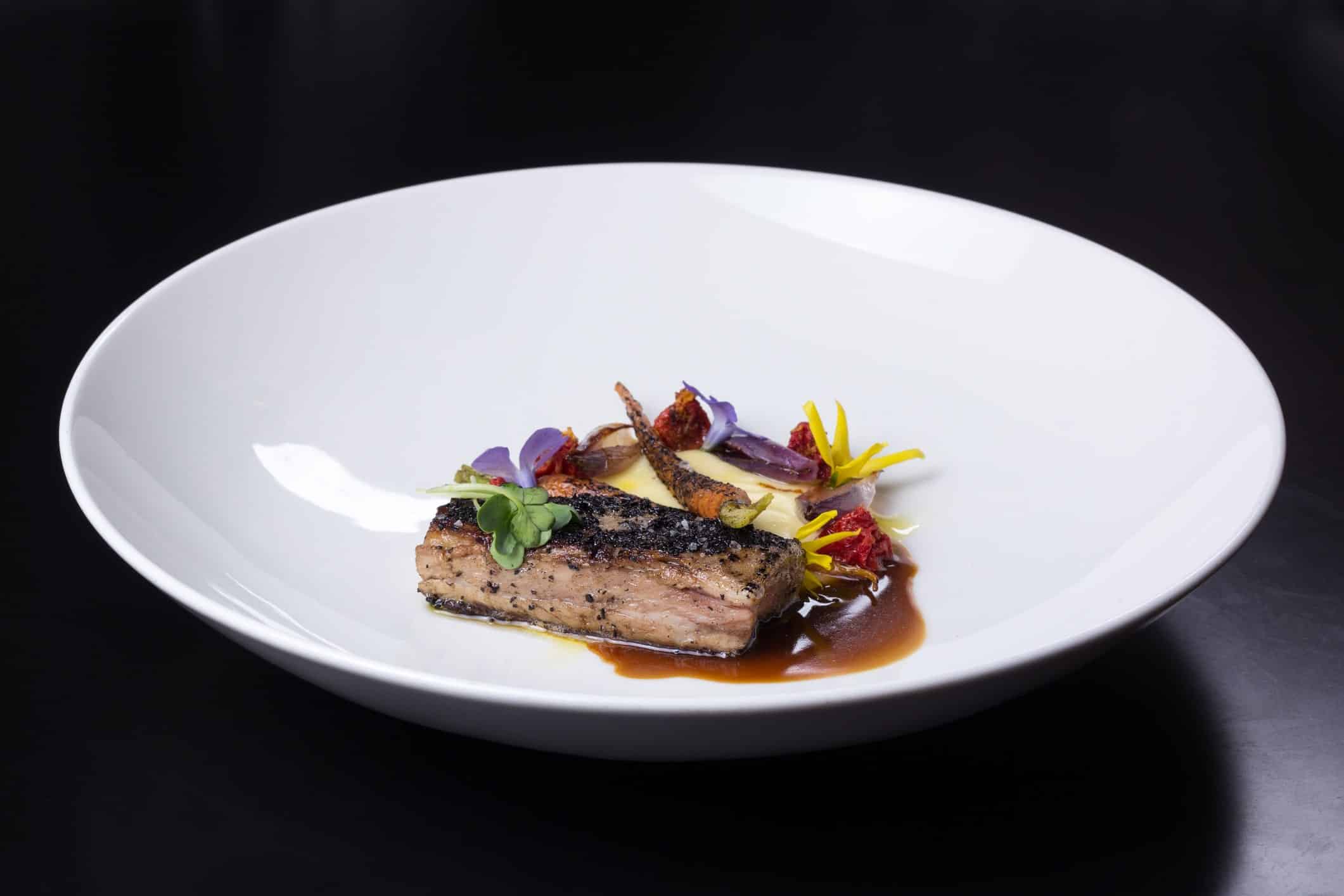Bespoke catering makes your event more memorable through food experiences that match your personal style, dietary needs, and event theme. Unlike standard menus, bespoke catering creates unique dining moments that guests remember long after the event. Berman & Wallace designs bespoke catering for Dublin clients looking for distinctive food service that provides high level conventional offerings.
Creating Custom Menus
The development process sets bespoke catering apart from standard food service options. Personal consultation starts the catering journey, with thorough discussions about likes, dislikes, memories, and flavour preferences that matter to you. Ingredient selection gets special attention in bespoke catering, often featuring specialty items or family recipes adapted into professional presentations. Tasting sessions guide catering development, letting you experience potential dishes before making final decisions. Recipe adjustments happen regularly in bespoke catering, with chefs modifying traditional techniques to match specific requests or dietary needs. This teamwork ensures your final menu truly expresses your vision rather than simply choosing from pre-set options.
Working With Themes
Food elements can powerfully support your event concept. Cultural celebrations work well with catering that authentically recreates traditional dishes while maintaining modern quality standards. Historical periods inspire bespoke catering ideas, from Victorian tea services to 1920s cocktail party fare made with contemporary techniques. Books or films translate well into catering concepts, with dishes named and designed to connect with beloved stories or characters. Colour schemes carry through to food in thoughtful catering, with garnishes, sauces, and ingredient choices that match visual themes. These thematic touches create events where food adds to the overall experience.
Service Style Choices
How food is presented varies based on event format and venue. Interactive stations add fun to catering, with chef-attended areas preparing items while chatting with guests. Family-style sharing platters create warm atmospheres in bespoke catering settings, encouraging conversation while looking beautiful on the table. Progressive dining through bespoke catering moves guests through different spaces with courses served in various locations. Wine pairings add depth to bespoke catering menus with carefully selected drinks that complement each course. These approaches turn eating from basic necessity into an important part of the event experience.
Handling Dietary Needs
Addressing health and preference requirements takes planning rather than last-minute substitutions. Food allergies receive careful attention in bespoke catering, with clear protocols and cross-contamination prevention throughout preparation and service. Ethical food choices find expression through bespoke catering, with vegetarian, vegan, and other philosophical approaches treated as creative opportunities. Religious food guidelines shape bespoke catering for many cultural celebrations, requiring specific preparation methods and ingredient selections. Health-focused requests influence bespoke catering menu planning for clients with wellness priorities, balancing nutrition with flavour and appearance. These considerations ensure all guests enjoy equal quality regardless of their dietary needs.
Using Seasonal Ingredients
Time of year affects ingredient availability and preparation methods. Spring brings freshness to catering in early months, with tender vegetables, herbs, and lighter preparations matching the mood. Summer weather calls for different approaches in bespoke catering, featuring cooling elements, outdoor-friendly preparations, and peak-season produce. Autumn harvests provide rich options for bespoke catering, with warming spices and heartier ingredients as temperatures drop. Winter gatherings through bespoke catering embrace traditional foods and comforting dishes suited to colder weather events. These seasonal adaptations ensure menus feel right for their moment while using ingredients at their best.
Focusing on Presentation
Visual elements contribute greatly to the dining experience. Plating design matters in bespoke catering, with attractive arrangements that appeal visually before tasting begins. Serving dishes often become conversation starters in bespoke catering, with unusual or vintage pieces that complement food while adding interest. Table settings work with catering to create complete environments, with linens, flowers, and décor that improve the dining experience. Food structures sometimes appear in ambitious bespoke catering, with edible materials formed into impressive display pieces. These visual aspects transform meals into multi-sensory experiences that stay in guests’ memories.


